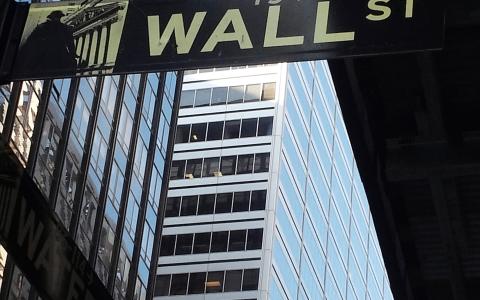
Equity market strength is unsustainable if the Federal Reserve opts to maintain current interest rates, Torsten Slok expressed during a Bloomberg TV interview on Tuesday.
Without a reduction in rates this year, the stock market's current buoyancy, described as a "sugar high," is likely to dissolve as the adverse effects of a hawkish monetary policy become more pronounced.
"The impact is already significant on consumer balance sheets with high levels of debt, as well as on corporate balance sheets and the banking sector, particularly regional banks," noted the chief economist of Apollo.
He elaborated, "As this temporary boost begins to wane, if the stock market fails to continue its upward trajectory, we will see these negative effects start to prevail. This could lead us to a more severe correction in 2025, potentially resulting in a sharper economic downturn."
Slok also warned that the market dynamics could mirror those of 2022, when stocks declined amid rising interest rates.
The stock market concluded that year deep in bear territory, with the benchmark S&P index losing 18%.
Despite highlighting the dangers of persistently high rates, Slok sees minimal likelihood of a Fed rate cut this year. He is among the early predictors that monetary policy will remain static, attributing this forecast to the unexpected resilience of the US economy and escalating inflation across various sectors, a point he emphasized during the interview.
His observations align with growing investor skepticism regarding the prospects of a rate cut in June, previously anticipated as the most probable timing for easing. While current market sentiment has shifted to expect this possibility in September, some speculate about potential rate hikes if the Fed decides to intensify efforts against inflation. However, Slok disagrees with this perspective.
He believes, "From a transmission mechanism standpoint, it's more plausible that the Fed will keep rates elevated for an additional one or two quarters to slow the economy deliberately."



